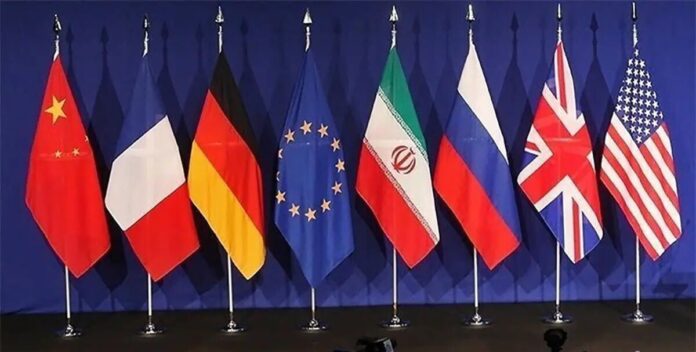Following the reimposition of United Nations sanctions on Iran, the Tehran Prosecutor’s Office announced that it has initiated legal proceedings against media outlets that “disrupted the psychological security of society” by publishing reports on the impact of these sanctions.
The judiciary’s news agency, Mizan, reported on 27 September 2025: “Following the unilateral action by European members of the JCPOA in illegally activating the snapback mechanism, certain websites and Telegram channels disrupted the psychological security of society by publishing reports. The Tehran Prosecutor’s Office, while monitoring cyberspace, has filed judicial cases against those publishing provocative content regarding price increases.”
The Tehran Prosecutor’s Office’s action to file cases against media outlets came just one day after the United Nations Security Council’s decision to reinstate previous resolutions and reimpose sanctions on Iran’s nuclear program.
The prosecution of media outlets and journalists is a recurring pattern used to suppress freedom of expression in Iran, a practice that escalates exponentially following controversial events in the country. In the wake of such events, judicial and security institutions, in coordination with the Islamic Republic’s propaganda apparatus, strive to disrupt free reporting and prevent independent narratives from becoming dominant among citizens.
Interference in the professional activities of media and journalists by government and security authorities is a frequent violation in Iran. According to a report by the Defending Free Flow of Information (DeFFI), at least 95 Iranian journalists and media outlets faced judicial and security actions in the first six months of 2025. During this period, at least 46 new judicial cases were filed against journalists and media, at least six journalists experienced temporary detention, and in trials held, Iranian journalists were collectively sentenced to 22 years and three months in prison and fined over 50 million tomans.
